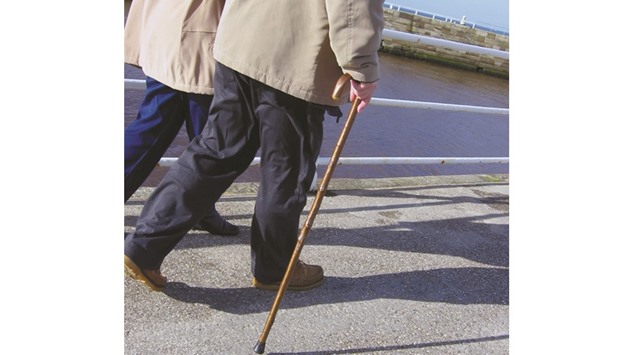Walking is a milestone in development for toddlers, but it’s actually only one part of the complex cognitive task known as gait that includes everything from a person’s stride length to the accompanying swing of each arm. A Mayo Clinic study recently published in the Journal of Alzheimer’s Disease found that problems associated with gait can predict a significant decline in memory and thinking.
Using the Rochester Epidemiology Project, Mayo Clinic researchers examined medical records of Olmsted County, Minn., residents, who were between ages 70 and 89 as of Oct. 1, 2004. The analysis included 3,426 cognitively normal participants enrolled in the Mayo Clinic Study of Ageing who had a complete gait and neuropsychological assessment.
Using computerised analyses, researchers measured gait parameters, such as:
* Stride length
* Ambulatory time
* Gait speed
* Step count
* Cadence
* Stance time
* Arm swing
Alterations in several gait parameters were associated with decline in memory, thinking and language skills, and visual perception of the spatial relationship of objects. The study results also supported the role of computerised analysis because the computer tool detected modifications before impairment was detected with a standard neuropsychological test. - Mayo Clinic Network

